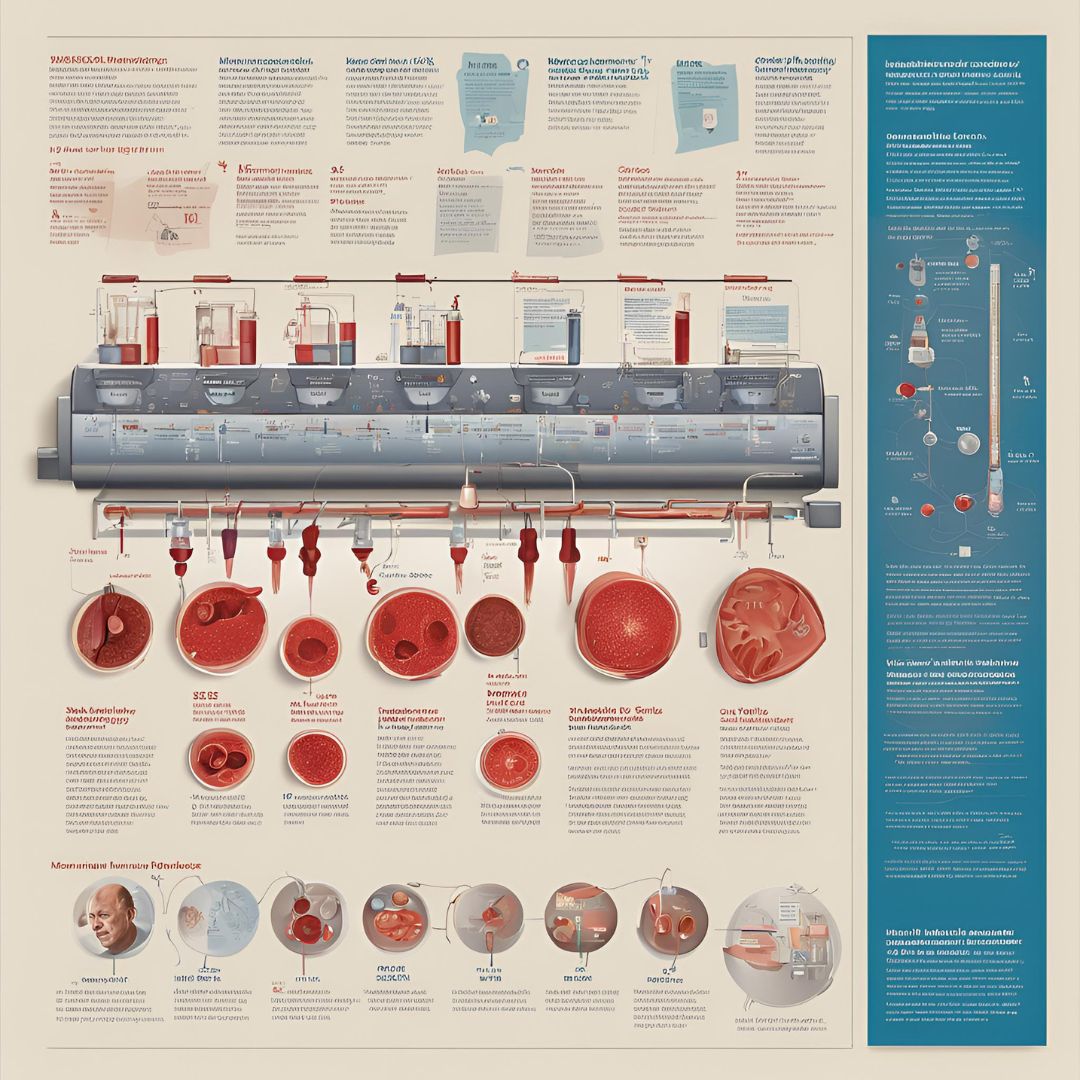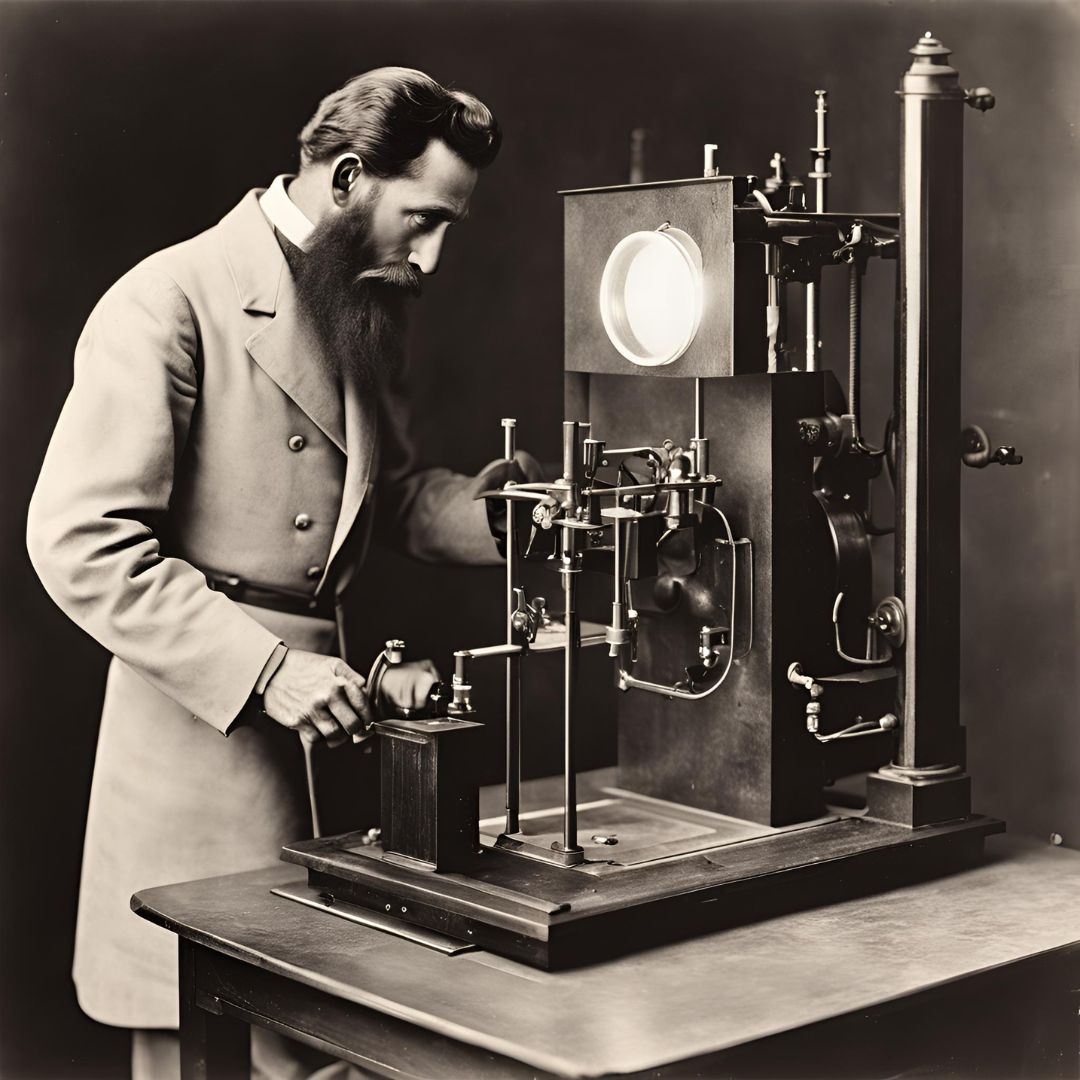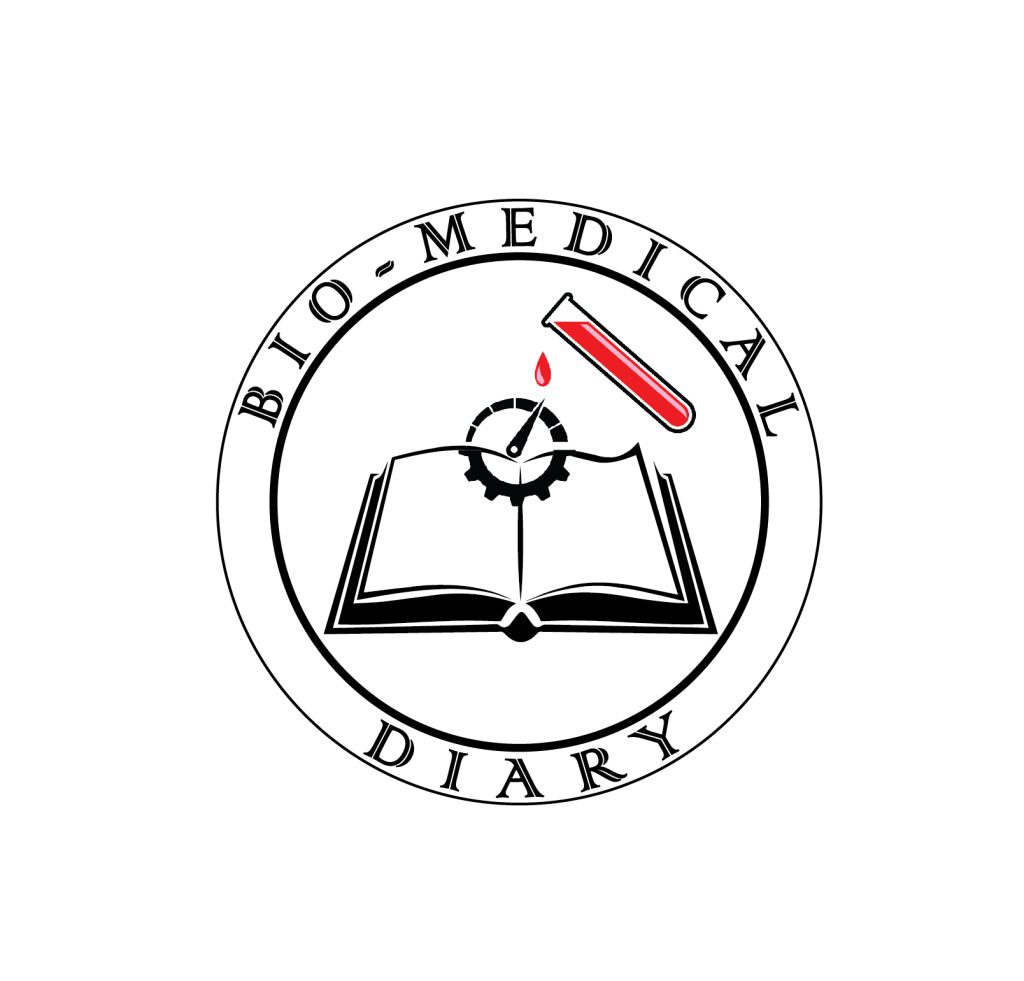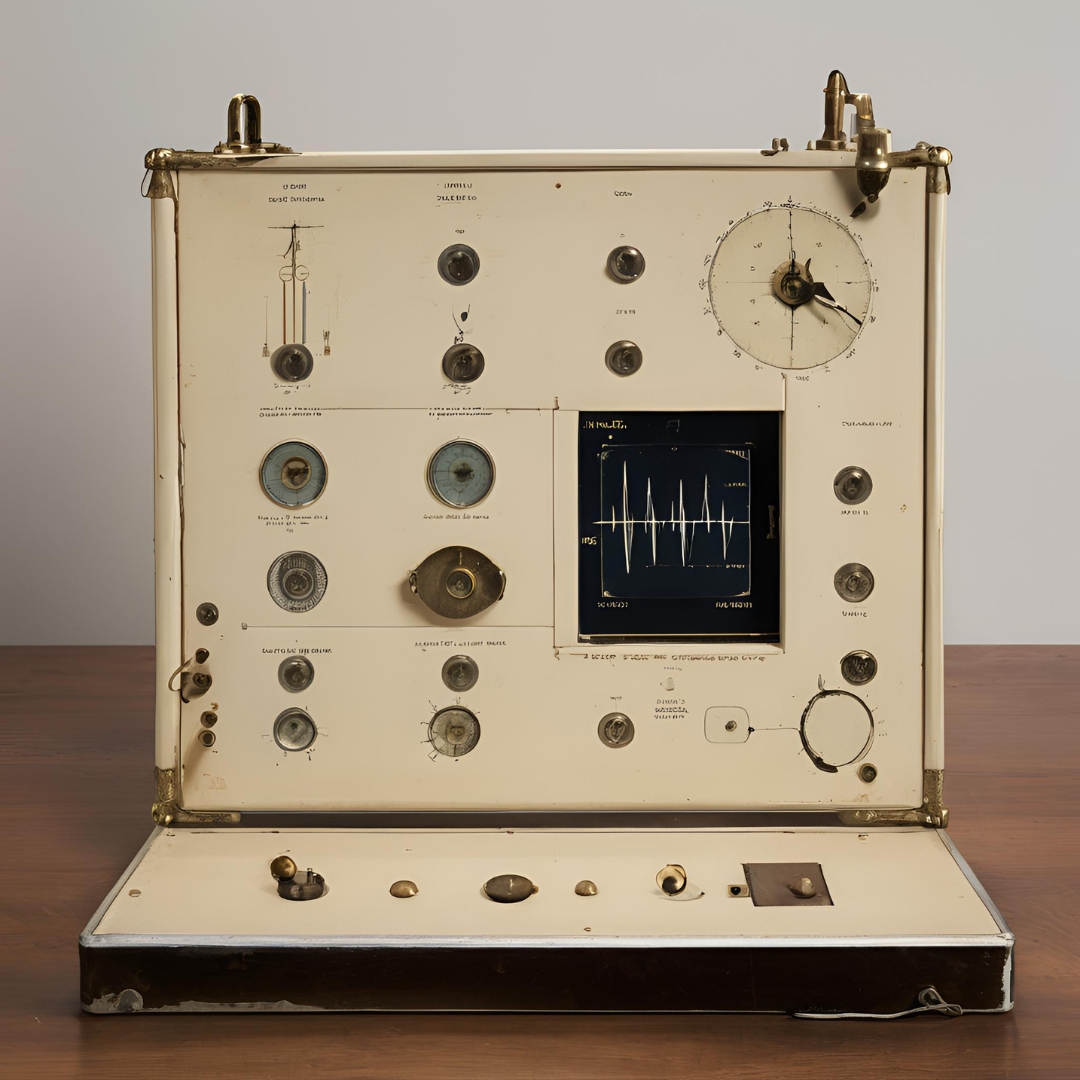Exploring the Sectors in the Biomedical Field
The biomedical field is vast and encompasses a wide range of sectors, each playing a crucial role in advancing healthcare, improving patient outcomes, and pushing the boundaries of medical science. Whether you’re a student considering a career in biomedicine or simply curious about the different areas within this field, it’s important to understand the various sectors and their significance.
1. Biomedical Engineering
Biomedical engineering is at the intersection of engineering and medicine. This sector focuses on developing medical devices, prosthetics, and diagnostic equipment. Biomedical engineers design artificial organs, develop new imaging technologies, and improve healthcare delivery systems. Their innovations are essential in making healthcare more effective and accessible.

2. Pharmaceuticals
The pharmaceutical sector is responsible for developing, producing, and marketing medications. This sector is vital for treating diseases, managing chronic conditions, and enhancing the quality of life for patients worldwide. Professionals in this field work on drug discovery, formulation, clinical trials, and regulatory affairs.
3. Biotechnology
Biotechnology is a rapidly growing sector that involves using living organisms or biological systems to develop new products and technologies. This sector is key in creating vaccines, developing gene therapies, and producing biopharmaceuticals. It also plays a significant role in agricultural and environmental applications.
4. Clinical Research
Clinical research is the backbone of evidence-based medicine. This sector involves conducting clinical trials to evaluate the safety and effectiveness of new treatments, medical devices, and interventions. Clinical researchers ensure that new therapies are thoroughly tested before they are available to the public.

5. Medical Devices
The medical devices sector includes the design, production, and distribution of instruments used in the diagnosis, treatment, and monitoring of patients. From simple tools like stethoscopes to complex machines like MRI scanners, this sector is crucial in everyday healthcare practices.
6. Healthcare Informatics
Healthcare informatics combines information technology with healthcare to manage and analyze health data. This sector focuses on electronic health records, telemedicine, and data-driven decision-making. It aims to improve patient care, streamline operations, and enhance the efficiency of healthcare systems.
7. Genomics and Molecular Biology
This sector involves studying genes, genetic variation, and heredity in organisms. Advances in genomics have led to personalized medicine, where treatments are tailored to an individual’s genetic makeup. Molecular biology plays a crucial role in understanding diseases at a molecular level, leading to more targeted therapies.
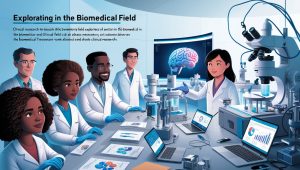
8. Regenerative Medicine
Regenerative medicine is an innovative sector focused on repairing or replacing damaged tissues and organs. This includes stem cell therapy, tissue engineering, and the development of artificial organs. Regenerative medicine holds the potential to cure diseases that were once thought incurable.
9. Public Health
Public health is concerned with protecting and improving the health of populations. This sector involves disease prevention, health education, policy-making, and epidemiology. Public health professionals work to control outbreaks, promote healthy lifestyles, and ensure that healthcare is accessible to all.
10. Diagnostics
The diagnostics sector is dedicated to the development of tests and tools used to detect diseases, conditions, and infections. This includes everything from blood tests to advanced imaging techniques. Accurate diagnostics are essential for effective treatment and disease management.

